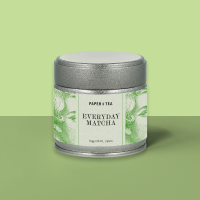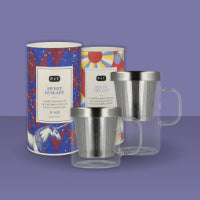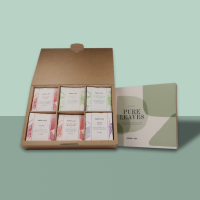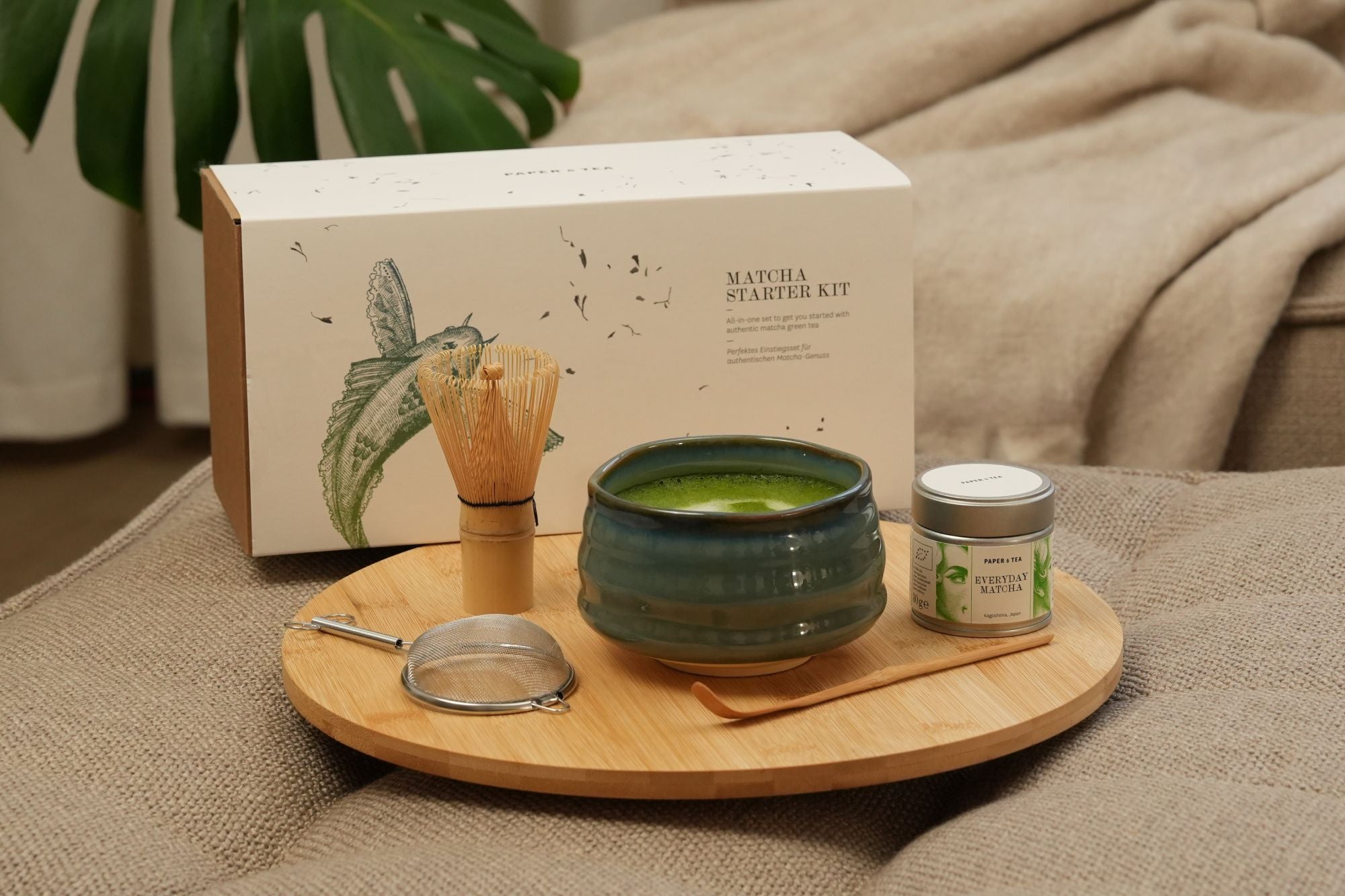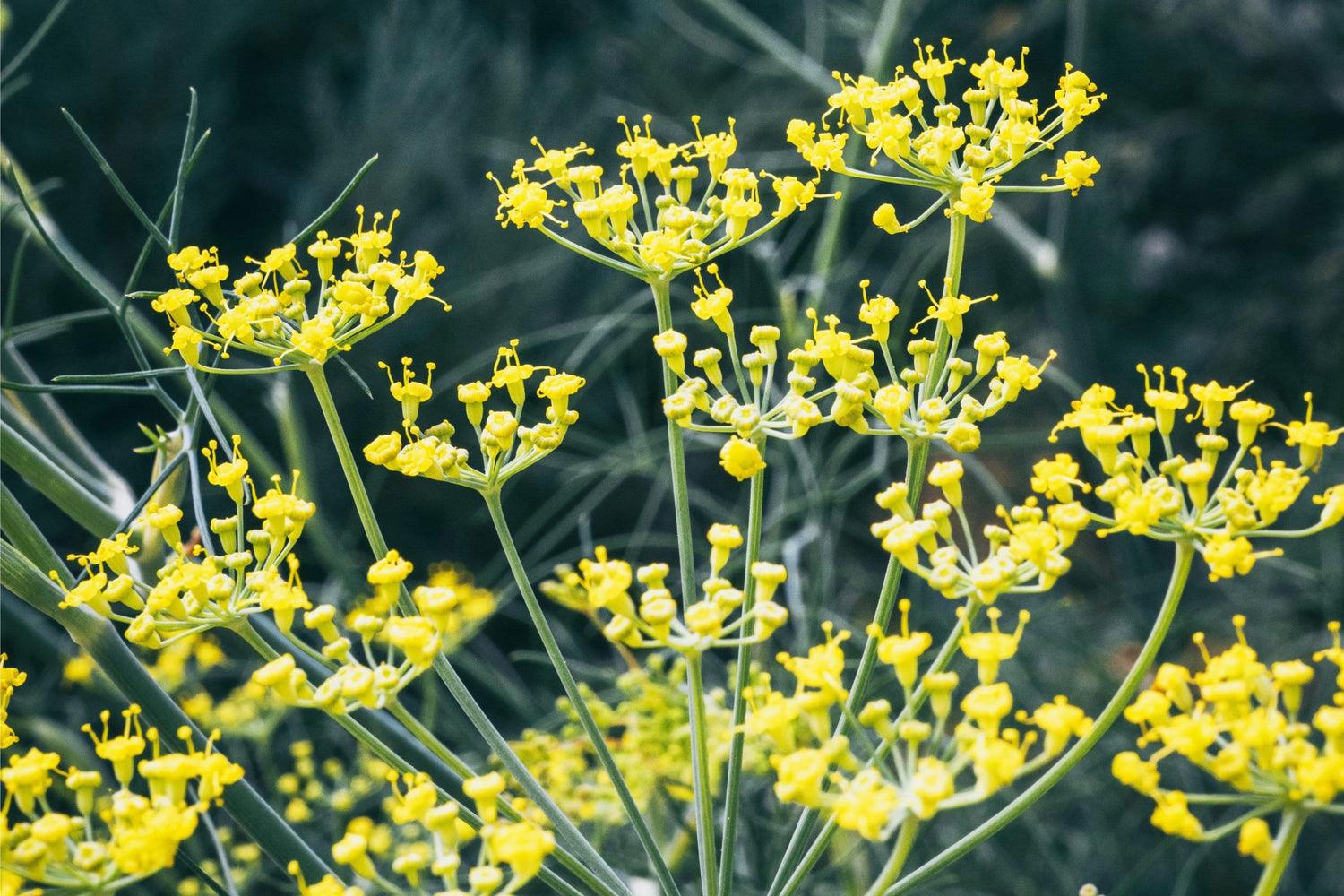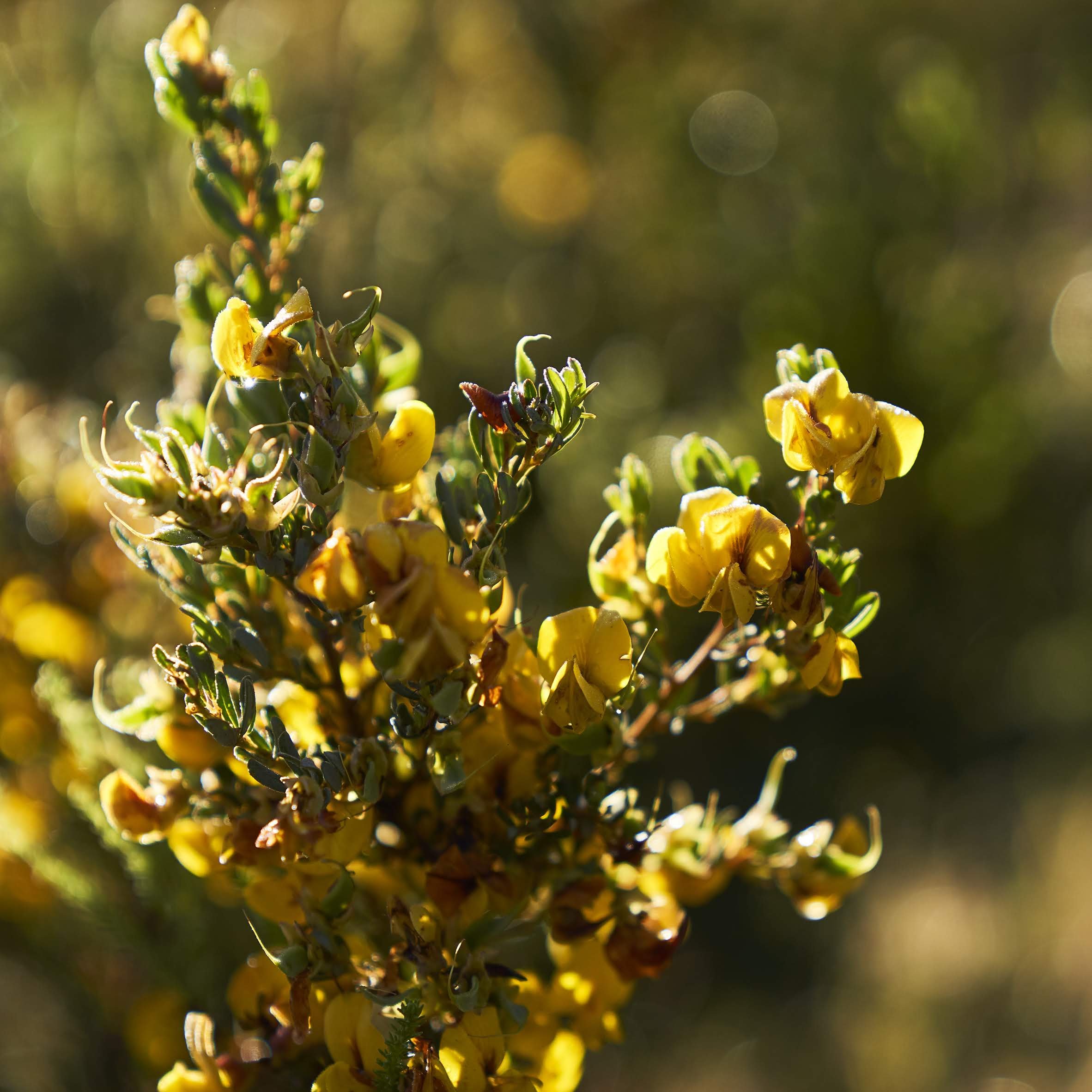Description of Fennel
The fennel plant is a tall, perennial herb with fine, feathery green leaves that resemble dill. It produces yellow umbrella-shaped flower clusters and small, green or brown seeds. Originally from the Mediterranean, fennel thrives in temperate climates and is now cultivated worldwide, particularly in sunny locations with well-drained soil.
For tea production, ripe seeds are harvested and dried. To prepare fennel tea, the seeds are steeped in hot water, with an optimal steeping time of 5 to 8 minutes, depending on one’s personal preference. Typically, fennel tea has a pale yellow to golden color that varies based on brewing time and concentration. A longer steeping period can yield a richer golden hue. The aroma of fennel tea is often described as pleasant and refreshing, with notes reminiscent of licorice.
Historical Background
Fennel tea has a long history dating back to ancient times. It is believed that fennel was discovered independently across various cultures, making its precise origin difficult to pinpoint. As a medicinal plant, fennel has been used for centuries in traditional Chinese medicine and the Indian Ayurvedic system. In ancient Greece, fennel was well-regarded as a medicinal plant, largely due to recommendations by the famous physician Hippocrates. The Greek name "marathon" hints at a historical connection between the discovery of the plant and the Battle of Marathon (490 BC). According to legend, the battlefield lay near a fennel field, which is why it got called "Marathon," meaning "place of fennel."
The use of fennel as a spice and medicinal plant spread throughout Europe during the Middle Ages and was commonly found in monastery gardens where medicinal herbs were grown.
Today, fennel is widely used not only as tea but also in a variety of culinary creations, especially in Italian and Indian cuisines.
Interesting Facts about Fennel
- Fennel is insect-friendly: The fennel plant produces flower clusters rich in nectar and pollen. This characteristic attracts various pollinators, such as bees and butterflies, making the plant valuable for ecological gardening.
- Fennel is shrouded in legend: In various cultures, fennel has been associated with protective, magical powers. In medieval folklore, fennel was often used as an amulet against evil spirits. It was also common to place fennel in door and window frames to protect the home from negative energies.
